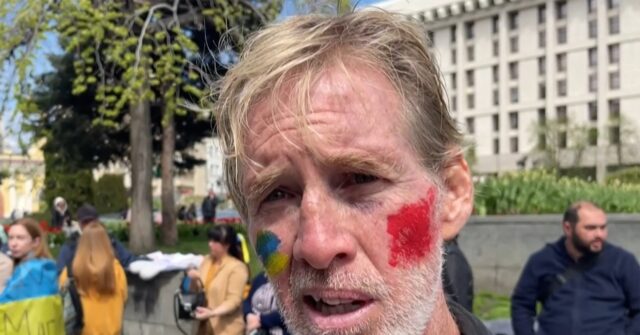On September 15, an individual named Ryan Routh was apprehended for allegedly attempting to assassinate then-presidential candidate Donald Trump at his West Palm Beach Golf Course. Following the incident, Routh attempted to evade law enforcement by fleeing the scene, prompting a significant police response that temporarily halted local traffic. Unfortunately, amidst the chaos, a vehicle crash occurred, causing catastrophic injuries to a six-year-old girl, a development that introduced an additional legal complication for Routh. He is now facing an attempted felony murder charge, which highlights the serious implications of his actions not only on Trump but also on innocent bystanders.
Florida Attorney General Ashley Moody expressed deep concern over the child’s condition and emphasized the importance of justice for her and her family, who now face a changed life due to her injuries. In a public statement, Moody revealed the state’s decision to pursue the additional felony murder charge against Routh to ensure accountability for the harm caused to the young girl. By framing the issue within the broader context of justice and victim advocacy, Moody underscored the state’s commitment to addressing the repercussions of Routh’s alleged actions.
The investigation surrounding Routh has not only focused on the attempted assassination but has also posed questions regarding security measures surrounding Trump. Despite previous attempts on Trump’s life, including a notable incident in June, it appears that Routh managed to stand within a dangerously close vicinity of the presidential candidate—reportedly between 300 to 500 yards away—with a scoped rifle. This raised significant concerns about the adequacy of security arrangements, especially since Trump was actively campaigning and not yet a sitting president, which limited the extent of the protective perimeter that could be established around him.
Authorities are grappling with the ramifications of Routh’s actions on multiple fronts, considering the already charged atmosphere in America surrounding political figures. The presence of a rifle in such close proximity to Trump sparked discussions about the threats faced by candidates and their security teams during this era of heightened political tensions. Moreover, the serious injury to a young girl in the incident complicates the narrative further, painting a stark picture of the collateral damage associated with political violence.
In addition to the new charge from the state, Routh faces several federal charges, including attempted assassination and firearm-related offenses. These escalating legal troubles suggest a rigorous pursuit of justice not only aimed at halting Routh’s potential threats but also reinforcing broader implications for how the government handles cases of political violence. The stacking of charges will likely lead to a drawn-out legal battle, drawing public attention and scrutiny as officials from both state and federal levels navigate the complexities of the case.
Ultimately, the consequences of Routh’s actions will resonate beyond the immediate legal ramifications. They serve as a stark reminder of the volatile intersection between politics and personal safety, raising critical discussions about both the security measures in place for political figures and the need for comprehensive strategies to prevent political violence. The tragic impact on the injured girl and her family further highlights the far-reaching effects of such hostile actions, potentially reshaping the discourse surrounding political security in America as the nation moves forward.

